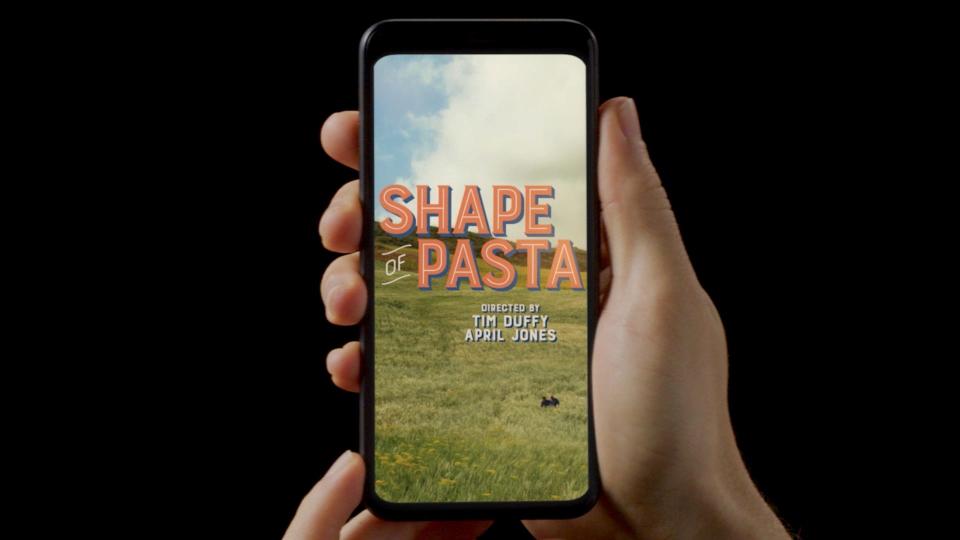Quibi shuts down months after its launch: Of course it failed
That was fast.
Short form video streaming service Quibi, the brainchild of former Dreamworks Animation CEO Jeffrey Katzenberg and former eBay CEO Meg Whitman, announced In October that it was shuttering for good, just six months after it launched in April. "Although the circumstances were not right for Quibi to succeed as a standalone company, our team achieved much of what we set out to accomplish, and we are tremendously proud," the executives said in an open letter to employees, partners and investors.
Quibi officially shut down Tuesday.
No one could possibly have seen this turn of events, except, you know, everyone who wasn't involved in the creation of Quibi itself.

Despite its glossy, expensive production (and $1.75 billion of investment), A-list talent (including the likes of Chrissy Teigen, Kevin Hart and Steven Spielberg) and heavy marketing, Quibi was doomed. As Katzenberg and Whitman noted in their open letter, the service was originally intended to fill the little bits of time people have waiting in line at Starbucks or sitting on a bus for a commute. The changes wrought by the COVID-19 pandemic has drastically reduced the demand for entertainment while out and about.
But if Quibi had launched in an alternate version of 2020 where the pandemic never happened, it likely still would have failed. The concept of expensively produced "quick bites" of programming ("Quibi" is a portmanteau of the phrase) sounds appealing, but in practice, Quibi did not speak to any audience, either with its content or its technology.

More: Is new short-form streaming service Quibi worth it? Short answer: No.
The first problem was that the shows were bad. Sure there were some that were fun – "The Golden Arm," in which "The Marvelous Mrs. Maisel" star Rachel Brosnahan had, well, a golden arm, was bizarre in an enjoyable sort of way – but most were mediocre or downright awful. There was nothing on the platform that was better than content available for free on TikTok or YouTube. The technology that let you flip your phone vertically or horizontally without losing the picture was cool, but it wasn't that much better than TV series on Snapchat, which are designed for vertical video.

While the videos were all 10 minutes or less, the series mostly paused the narrative at the end of episodes rather than coming up with any kind of satisfactory ending. There was no story reason for anything to be that short for most of these series and "movies in chapters." Viewers can pause a Netflix show 10 minutes in and come back to it later, if they want.
More: After 6-month existence, video streaming service Quibi calls it quits
Short, quick videos designed to only be watched on a phone would naturally appeal to a younger, tech-savvy audience, right? But Quibi seemed to not understand that demographic. Screenshotting, a huge part of getting a streaming show into the online discourse, was blocked on the app until very recently. How do you tweet about the weird golden arm if you can't easily share a picture of it? There was no way to comment, easily share videos with friends or grab clips or gifs. Quibi simply didn't work on the internet of 2020, one designed for sharing and virtually communicating.
There might have been some version of Quibi that worked – one with a less silly name, internet-fluent content creators, more social media integration, and launched before a pandemic upended everyday life.
But that's not the Quibi we got. What we got was an ill-advised, way overpriced and over-produced streaming service that launched into a world that had no need for it.
Since its rocky launch in April, it has become something of a cruel online sport to mock Quibi, and I mean, we all needed something to enjoy amid this dumpster fire of a year. But in all seriousness, its downfall doesn't bring much to celebrate. People will lose jobs in a recession, billions of Hollywood investment that could have gone to making better art is gone and all that's left are our Twitter jokes.
That's not a quick bite anyone wants.
This article originally appeared on USA TODAY: Quibi officially shutters months after launch: Of course it failed
